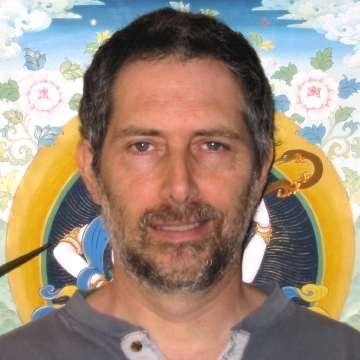"Studies among the Lakota provide evidence to support generational trauma response features similar to the survivor's-child complex. Closer examination of suicide studies reveals implicit unresolved, fixated, or anticipatory grief about perceived abandonment as well as affiliated cultural disruption." 32
-- Maria Brave Heart
Brave Heart argues that the high rates
of alcoholism, depression, suicide, homicide, domestic violence, and
child abuse among American Indians can be attributed to these processes
of internalized oppression. She suggests that remediation starts with
identity formation which, in turn, rests on a revival of extended kin
networks, a sense of belonging, and recognition of a shared history.
Traditional Dinà �(Navajo) therapy addresses trauma in the remediation of substance abuse. Matthew Kelley points out the following seven advantages of traditional therapy over accepted Western methods.33
(1) Cultural congeniality between client and practitioner.
(2) An emphasis on personality, "power," and rapport of the healer over mechanical technique.
(3) Traditional healers are accessible, available, and permanent.
(4) Indigenous practitioners act as role models to anchor the community.
(5) Holistic therapy integrates psychology, physiology, social, and spiritual components.
(6) Enhanced altered states, engaged emotional conditions, and sharply focused awareness are utilized in conjunction with culturally validated images.
(7) Therapy reintegrates family,
kins-people, and community.
Victimized cultures carry a unique
unresolved
grief, but they have no monopoly over alienation, which is recognized
as a defining feature of Western culture.34 Trauma and
alienation
have similar malingering effects in undermining one's character and
spirit.
In those cases where alienation triggers substance abuse -- which are most cases -- indigenous therapy retains these same advantages. Why can't Western therapies and Western therapists provide these benefits even to members of their own culture?
Expanding the Healer
"The shadow of the therapist
crystallizes as pathology perceived in the patient."
35
-- Eduardo Duran
Western therapies fail to appreciate
the breadth and depth of addiction. This must change for the benefit
of culture generally, for the benefit of all of us who are addicted,
and not just for the remediation of substance abuse.
Western therapies have not identified
whom they serve, whether it's the corporate, state, and healthcare
institutions, or the individual, family, and culture. Traditional
healing
unequivocally serves the individual, family, and culture. We should
too.
Western therapists lack the power to
direct healing on the family, kin, and community levels. Half of this
is because we're not taught how or asked to play these roles. The
other half of it is because our Western healthcare system serves a
socio-economic
structure that requires a level of alienation, just as the economy
requires
a level of unemployment.




